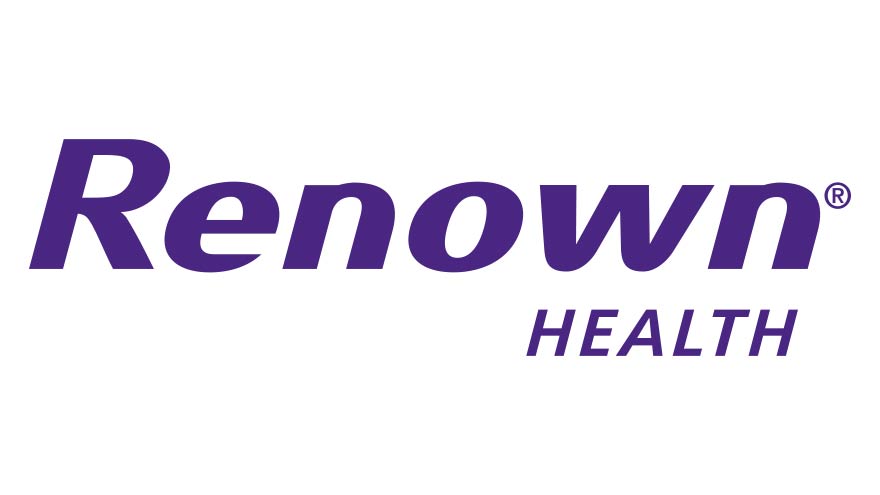
10 Sep 2024
As a travel nurse, you're constantly moving from one place to another, adapting to new environments and overcoming various challenges. But what about your health insurance—does it keep up with your travels? Ensuring you have continuous health coverage is crucial, especially given the occupational risks associated with nursing.
Without reliable insurance, you might reconsider the travel nursing path. However, the good news is there are excellent options available. Let’s break down how to manage your health insurance effectively as a travel nurse.
Do Travel Nurse Agencies Offer Health Insurance?
Many travel nursing agencies do provide health insurance as part of their benefits package. Some agencies offer coverage that starts on day one, while others may require a 30-day waiting period or premium pay period before benefits kick in.
It's best to speak with a recruiter to get the specifics on what benefits are available, how much they cost, and when they become effective. If you opt out of agency-provided insurance, your salary package may be higher than that of a nurse who takes the agency's insurance.
However, some agencies only offer health insurance and not vision or dental coverage. In such cases, you might consider supplementing your plan with providers like Delta Dental or VSP Vision.
The Challenges of Getting Health Insurance as a Travel Nurse
One major challenge with agency-provided health insurance is that your coverage might not extend between assignments, especially if you switch agencies. Some agencies will continue your coverage between jobs if you’ve already signed a contract for your next assignment with them, but others won’t if the gap between assignments is longer than 14-30 days.
You can use the Consolidated Omnibus Budget Reconciliation Act (COBRA) to extend your previous employer's health insurance, but this can be a costly long-term solution.
Another hurdle is dealing with different state regulations since your assignments are temporary. Each state has its own insurance coverage requirements, which can make it hard to find a consistent plan that meets all the rules. You might face higher out-of-pocket costs if your plan's preferred providers aren't available in the new state, or you may need to switch to a new plan, which can be expensive and time-consuming.
Exploring Marketplace Insurance for Travel Nurses
The Health Insurance Marketplace is a good alternative for travel nurses. Even if it’s not open enrollment time, changes in residence—like moving for a new assignment—are considered qualifying life events that allow you to sign up.
Costs for Marketplace plans depend on factors like age, pre-existing conditions, and the number of people covered under the plan. If you have frequent or complex healthcare needs, a cheaper, high-deductible plan might not be the best choice. In such cases, consider agency coverage and look into options for when you're between assignments.
Keep in mind that your plan's cost also depends on your primary state of residence and annual income. It’s crucial to accurately estimate your income because under-reporting could result in owing money when you file taxes. It’s better to overestimate your income, as the IRS will refund you if you paid too much.
Third-Party Health Insurance: A Viable Option?
Another route is to go with a third-party insurance provider. Before committing, be sure to ask who handles the underwriting, whether there’s a contractual obligation, if you can renew the plan month-to-month, and if there are cancellation fees.
Different Health Insurance Options for Travel Nurses
Here’s a quick look at the pros and cons of various health insurance options available to travel nurses:
Agency-Provided Health Insurance
Pros: Simplifies the process, often more affordable, and tailored to healthcare professionals.
Cons: Tied to employment, may lose coverage if switching agencies, and options may vary by location.
COBRA
Pros: Retains existing coverage and provider network, no waiting period.
Cons: Expensive, limited to 18-36 months, only available to those previously enrolled in an employer-sponsored plan.
Health Insurance Marketplace
Pros: Wide range of plans, income-based subsidies, covers pre-existing conditions.
Cons: Premiums can be high without subsidies, restricted to open enrollment unless a qualifying event occurs.
Private Insurance
Pros: Wide array of options, no waiting for open enrollment.
Cons: Often more expensive, may not cover pre-existing conditions, quality varies widely.
Short-term Health Insurance
Pros: Less expensive, immediate start dates.
Cons: Limited benefits, doesn’t cover pre-existing conditions, not a long-term solution.
Helpful Resources for Travel Nurse Health Insurance
Here are some resources to help you navigate your health insurance options:
Government Resources
Healthcare.gov: Compare plans and costs across state-specific marketplaces.
Medicaid: Information on eligibility and enrollment for low-income individuals.
Medicare: Coverage options for individuals over 65 or with certain disabilities.
Professional Organizations
American Nurses Association: Offers health insurance resources tailored to nurses.
National Association of Travel Healthcare Organizations: Guidance and resources, including health insurance information.
Insurance Companies
Aetna, Blue Cross Blue Shield, Cigna, Delta Dental, UnitedHealthcare, VSP Vision Care
No matter where you choose to get your health insurance, we hope all nurses stay healthy and have the coverage they need when they need it.
Wrapping It Up: Secure Your Health, Secure Your Future
In summary, managing health insurance as a travel nurse can be complex, but with careful planning and the right resources, you can ensure continuous coverage.
Consider your options, from agency-provided plans to third-party insurance, and choose the one that best fits your needs.
Stay informed and proactive to avoid gaps in coverage, so you can focus on what you do best—providing excellent care to your patients.











Comments (0)